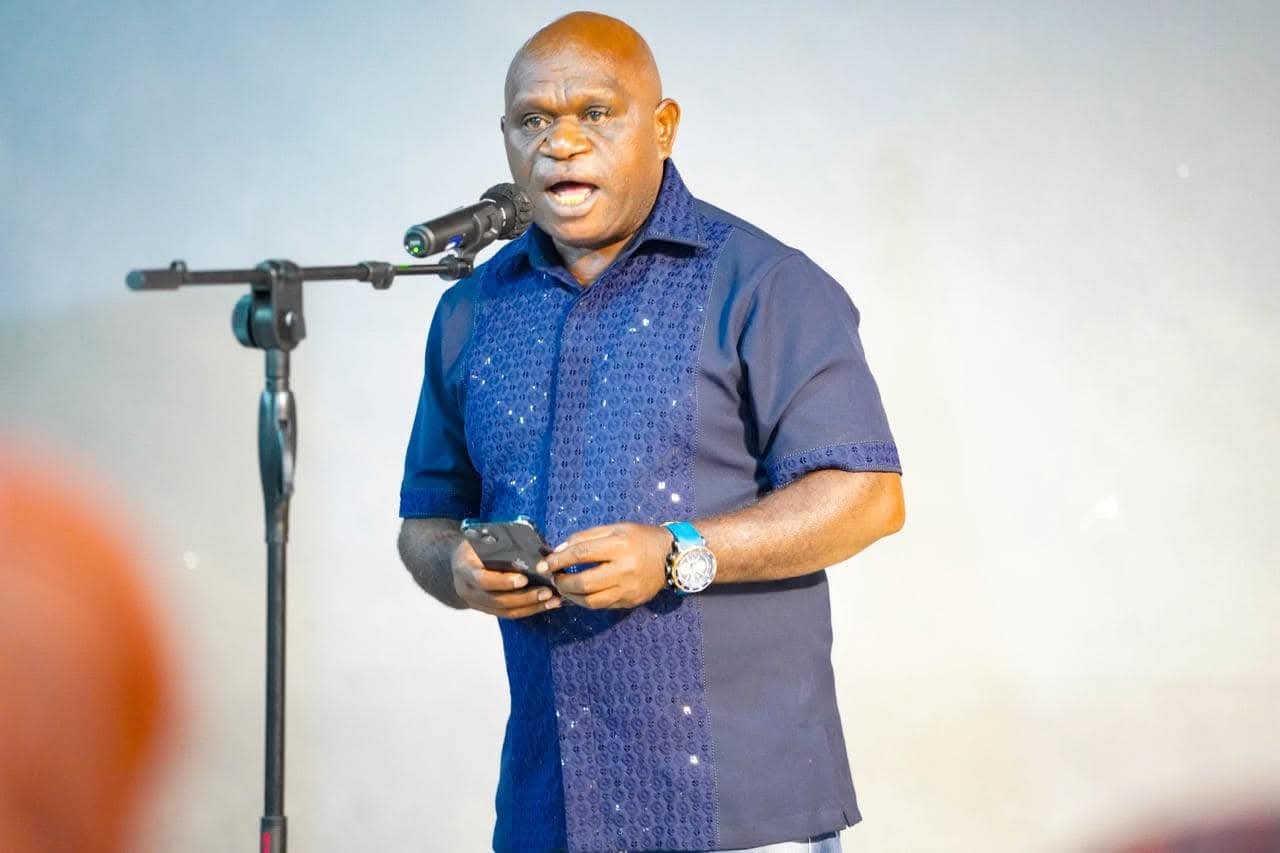Cidahu Case Controversy: Ministry Divided Over Restorative Justice for Intolerance Incident
JAKARTA, RAKYAT NEWS – Indonesia’s Minister of Human Rights, Natalius Pigai, has firmly rejected a proposal from his special staff member regarding the handling of a controversial case in Cidahu, Sukabumi.
The case involves allegations of forced dispersal and property damage during a Christian youth retreat, sparking debates over justice and reconciliation. Pigai made it clear that the suggestion to suspend the detention of suspects would not be pursued, emphasizing the need to prioritize the victims’ sense of justice.
The minister’s statement came after his special staff member, Thomas Harming Suwarta, floated the idea of restorative justice as a way to resolve the case. Suwarta argued that this approach could foster reconciliation and maintain social stability in the diverse community.
However, Pigai swiftly distanced himself from the proposal, calling it an individual opinion that did not reflect the ministry’s official stance. He stressed that any actions must align with national laws and the principles of Pancasila.
Pigai clarified that the Ministry of Human Rights has not yet taken an official position on the matter. The ministry is still awaiting a detailed report from the West Java Regional Office before making any formal decisions. This cautious approach underscores the sensitivity of the case, which has drawn significant public and media attention due to its religious and human rights implications.
Suwarta defended his suggestion, explaining that it was based on observations from the field and aimed at promoting peace. He emphasized that restorative justice would not replace legal accountability but could complement it by addressing underlying tensions. However, his proposal faced immediate backlash from critics who argue that intolerance and violence must be met with strict legal consequences.
The debate highlights Indonesia’s ongoing struggle to balance legal enforcement with efforts to maintain social harmony. While some advocate for dialogue and mediation in cases of communal conflict, others insist that legal action is necessary to deter future violations. The Cidahu case has become a focal point in this broader discussion, with many calling for a clear stance against intolerance.
Public reaction to the case has been sharply divided. On social media, some users criticized Suwarta’s proposal, arguing that it would set a dangerous precedent by excusing acts of intolerance. Others, however, expressed support for restorative approaches, noting that long-term peace requires addressing root causes rather than just punishing offenders. The controversy reflects deep societal tensions over how to handle issues of religion and identity.
Local leaders in Sukabumi have been involved in discussions about how to proceed, with some advocating for community-based solutions. However, Pigai’s rejection of the restorative justice proposal signals a preference for formal legal processes. This stance aligns with calls from human rights groups for accountability in cases involving violence or discrimination against religious minorities.
As the investigation continues, the ministry’s final decision will be closely watched. The outcome could influence how similar cases are handled in the future, particularly in regions where interfaith relations are fragile. For now, Pigai’s firm position has reinforced the message that acts of intolerance will not be treated lightly, even as the broader conversation about justice and reconciliation continues.
The Cidahu case serves as a reminder of the complexities Indonesia faces in upholding human rights while navigating its diverse social fabric. With legal and ethical considerations at play, the government’s response will need to balance justice for victims with the need for long-term communal healing. The coming weeks will likely see further developments as authorities weigh the best path forward.(Uki Ruknuddin)


Tinggalkan Balasan Batalkan balasan